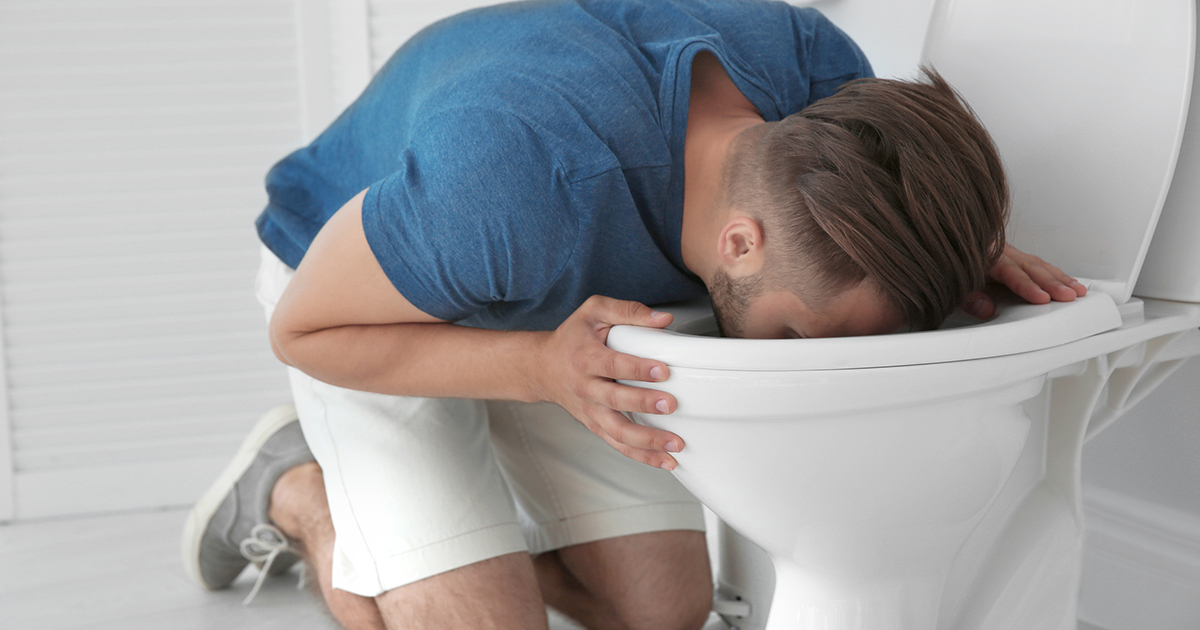Symptom Guide To Intussusception
Intussusception is a severe condition where a portion of the intestine slides into another area of the intestine, which is a movement referred to as telescoping. When intussusception occurs, the issue will cause any passage of fluid or food through the area to become blocked. Blood supply will also be cut off to the area of the intestine affected by this condition. Larger blockages can lead to additional complications like the death of certain bowel tissue, an infection, and tearing in the bowel. Intussusception is commonly seen in children younger than three years old. The overall cause of this condition is still unknown as it pertains to children who develop it. If the condition affects an adult, it usually occurs because of some type of underlying health condition, which could be a tumor. For younger children, this issue can be corrected through a simple x-ray procedure. When an adult suffers from intussusception, surgery is oftentimes necessary. In order to obtain the right treatment, it's important to be on the lookout for symptoms.
Vomiting And Nausea

Two of the more common symptoms of intussusception are vomiting and nausea, both of which can vary substantially in severity. Nausea is a kind of uneasiness that occurs in the stomach and will usually take place before vomit. Both of these symptoms can indicate the presence of a wide range of other health problems and diseases, which is why individuals should make sure they're experiencing some of the other symptoms of intussusception before determining they have this specific condition. Both nausea and vomiting are relatively harmless symptoms that shouldn't lead to any additional complications. However, patients should keep in mind large amounts of vomiting can lead to dehydration, which occurs when too much water has left the body. The main signs of dehydration include a dry mouth and increased thirst.
Keep reading to reveal more intussusception symptoms now.
Lethargy

Lethargy is a state of weariness that causes the affected person to experience diminished motivation, energy, and mental capacity. When an individual is lethargic, they will typically feel sluggish and sleepy regularly. This sleepiness will persist even after sleeping for a lengthy period. Lethargy can also cause a range of additional symptoms until the underlying condition, like intussusception, is treated. Lethargy can cause mood changes that are seemingly unexplained. The individual's movements can be slower than they usually are. If lethargy is accompanied by chest pain, a fast heartbeat, vomiting blood, or shortness of breath, immediate medical treatment is essential.
Get the details on more warning signs of intussusception now.
Blood And Mucus In Stool

When a child is suffering from intussusception, among the more common symptoms they will experience include blood and mucus in their stool. Mucus is a protective film naturally produced by the body and coats certain areas like the throat, lungs, mouth, and nose. This substance is typically clear and thin in nature, and normal bowel movements should never produce too much mucus. However, the presence of large amounts of mucus in the stool can be a sign of more severe health conditions. Even if intussusception isn't the issue, mucus in the stool is rarely ever harmless. However, it's common to experience larger amounts of mucus in the stool with diarrhea. As for blood in the stool, this can occur with bowel movements because of constipation, irritation, hemorrhoids, or even colon cancer. It's also possible the cause of blood in the stool is as simple as using too much towel paper or passing rigid stool. If the blood is accompanied by mucus, the cause may be intussusception.
Learn more about the symptoms of intussusception now.
Abdominal Pain

Abdominal pain is easily the most common symptom of intussusception among adults affected by the condition. This pain is also somewhat unique in that it will come and go. The presence of this kind of pain doesn't always indicate the presence of a more severe and problematic health condition like intussusception. It's possible the abdominal pain has only been caused by a buildup of gas or the presence of stomach cramps. If the abdominal pain is accompanied by a couple of the other symptoms on this list, however, it's possible intussusception is the cause. The pain may even worsen if the condition is left untreated. However, treatment should get rid of this symptom for good.
Get familiar with more intussusception symptoms now.
Diarrhea

Diarrhea refers to loose and watery bowel movements. In many cases, the presence of this symptom indicates the development of an infection in some area of the body. The most common causes include bacterial infections like E. coli or salmonella. Long-term bouts of diarrhea usually point towards a more severe health problem like inflammatory bowel disease or irritable bowel syndrome. However, the presence of diarrhea along with some of the symptoms on this list can strongly indicate intussusception. Additionally, diarrhea alongside vomiting can quickly cause dehydration, which is why it's important to drink plenty of fluids. Patients should seek medical treatment immediately if they experience diarrhea for more than three days.